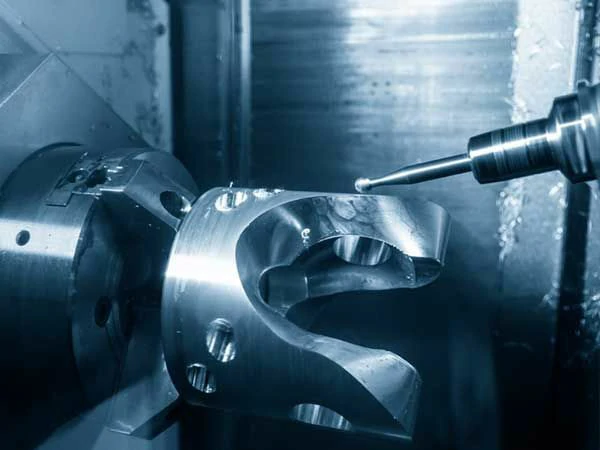Introduction: The metal mining industry has been witnessing significant changes and advancements driven by new technologies. These innovations have revolutionized the way mining operations are conducted, leading to improved efficiency, safety, and sustainability. This article explores the various ways in which new technologies have brought about innovation and transformation in the metal mining industry.
Autonomous Systems: One of the key advancements in the metal mining industry is the adoption of autonomous systems. Mining companies are increasingly utilizing autonomous vehicles and equipment, such as autonomous haul trucks and drilling rigs, to enhance productivity and safety. These autonomous systems are equipped with advanced sensors, artificial intelligence, and connectivity, allowing them to operate efficiently without human intervention.
Remote Monitoring and Control: New technologies have enabled mining operations to be remotely monitored and controlled. Through the use of drones, satellite imagery, and sensor networks, companies can gather real-time data on various aspects of mining operations, including exploration, geotechnical monitoring, and environmental management. This allows for better decision-making, proactive maintenance, and optimization of processes.
Advanced Analytics and Artificial Intelligence: With the help of advanced analytics and artificial intelligence, mining companies can analyze vast amounts of data to gain valuable insights and make informed decisions. Machine learning algorithms can process geological and geophysical data to identify potential mineral deposits, reducing exploration time and costs. Additionally, predictive analytics can optimize production schedules, reducing downtime and increasing operational efficiency.
Robotics and Automation: The use of robotics and automation has transformed many aspects of the metal mining industry. Robotic systems can perform tasks in hazardous environments, eliminating the risk to human workers. Automation technologies, such as conveyor systems and robotic drilling, have increased efficiency and reduced manual labor. This not only improves productivity but also enhances worker safety.
Environmental Sustainability: New technologies have played a significant role in promoting environmental sustainability in the metal mining industry. Advanced filtration systems, water treatment technologies, and dust suppression techniques have helped minimize the impact of mining operations on the environment. Furthermore, renewable energy sources, such as solar and wind, are being increasingly utilized to power mining operations, reducing carbon emissions.
Workforce Training and Safety: The introduction of new technologies in the metal mining industry requires a skilled workforce to operate and maintain them. Mining companies are investing in training programs to upskill their employees and prepare them for the digital era. Additionally, wearables, such as smart helmets and vests, equipped with sensors, are being used to monitor workers’ health and safety in real-time, ensuring a safer working environment.
Conclusion: The metal mining industry is undergoing a transformation fueled by new technologies. From autonomous systems and advanced analytics to robotics and environmental sustainability, these innovations are revolutionizing the way mining operations are conducted. The adoption of new technologies not only improves efficiency and productivity but also enhances worker safety and environmental sustainability. The metal mining industry must continue to embrace and embrace these new technologies to stay competitive and meet the challenges of the future.


